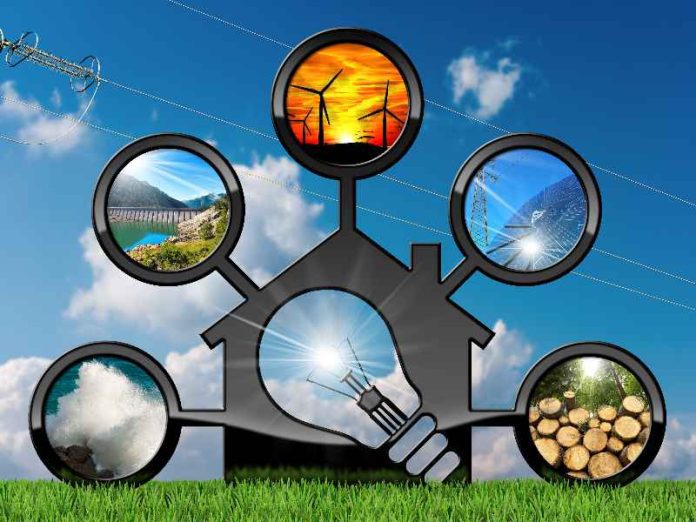
A group of energy experts, operating under the banner of The Electricity Hub (TEH), has proposed a comprehensive strategy for Nigeria’s energy transition. These experts convened at the 87th Power Dialogue, focusing on the theme of ‘Tackling Nigeria’s Energy Transition Vulnerabilities.’
Their consensus was that, to address potential challenges associated with energy transition and ensure broad participation, Nigeria must invest in human resources and public awareness. Key among their recommendations is the extensive adoption of renewable energy technologies.
Encouragingly, the experts observed a growing acceptance of renewable energy in Nigeria, which bodes well for the transition. The panel discussion featured prominent figures in the energy sector, including Ruchi Soni, Program Manager at African Carbon Initiatives (SEforAll); Andrew Echono, Country Director at USADF; and Engr. Barka Sajou, Executive Director of Technical Services at the Rural Electrification Agency, with Dr. Ndubuisi Nwokolo, a Partner at Security, Peace, and Development at the Nextier Group, serving as the moderator.
One significant driver behind the shift towards renewable energy is the decreasing cost of fossil fuels. The experts emphasized the importance of seizing the opportunity presented by Nigeria’s abundant natural resources to bolster the energy sector.
Engr. Sajou, representing the Rural Electrification Agency, reaffirmed their commitment to electrifying 80 million people. Notably, substantial progress has already been made in this endeavor.
Soni stressed the critical nature of energy transition, especially in the context of rural electrification. While there has been progress, there remains a need for intensified efforts to bring electricity to the 40% of Nigerians who still lack access.
Echono highlighted the importance of addressing transition vulnerabilities, as existing investments may not suffice to overcome the associated challenges. He called for support from development agencies to bolster energy transition projects, enhancing their profitability and sustainability.
The experts acknowledged that the transition to renewable energy might pose challenges, including displacement and unemployment. However, they pointed out that it also presents an opportunity to redefine job roles. Over the past 11 years, five million jobs have emerged in the renewable energy sector, and aligning the Nigerian education system with these evolving job opportunities is crucial.
Furthermore, they recognized that the saturation of the on-grid market could hinder the growth of renewables. Nonetheless, they saw potential in exploring non-traditional funding sources, such as the voluntary carbon market, to address these challenges and foster a more sustainable and inclusive energy transition in Nigeria.


